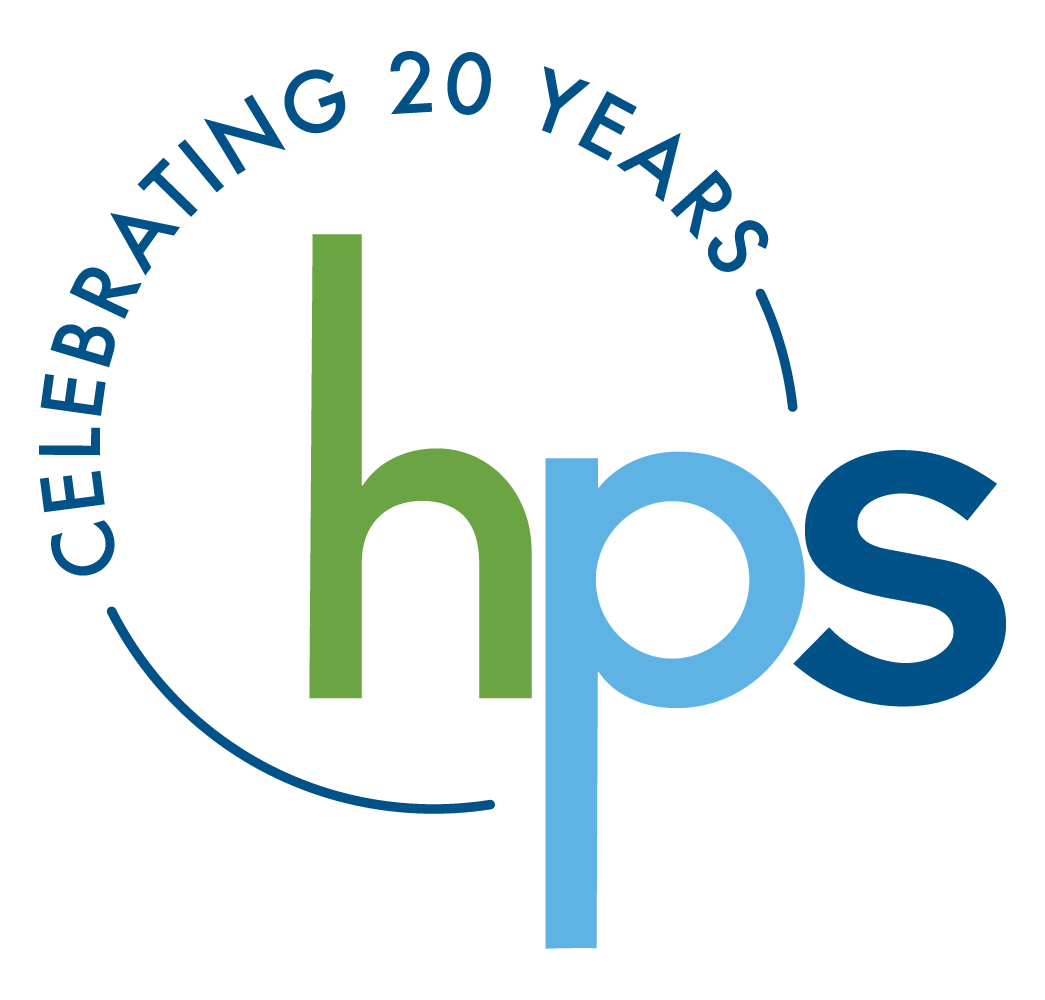CDC Analysis of Maternal Mortality Suggests Four out of Five Deaths are Preventable
CDC Analysis of Maternal Mortality Suggests Four out of Five Deaths are Preventable
February 6, 2023
By Ann Ford and John Senese
A recent study by the CDC suggests that approximately 84.2% of postpartum deaths are preventable. When the CDC viewed the statistics to determine whether a death was preventable, the CDC asked was “there at least some chance of the death being averted by one or more reasonable changes to patient, community, provider, facility, and/or systems factors.” The CDC’s raw numbers are not surprising based on past studies. The most significant aspect of the CDC’s study and report is the CDC’s recognition that physicians may be able to treat and prevent some of the causes of maternal mortality.
In 1987, the CDC developed a national maternal mortality surveillance system. According to the CDC website, “The Pregnancy Mortality Surveillance System” (PMSS) defines a pregnancy-related death as the death of a woman while pregnant or within one year of the end of pregnancy from any cause related to or aggravated by the pregnancy.” In the CDC study determining whether postpartum deaths are preventable, the CDC looked at the data from 36 U.S. states between the years of 2017-2019. The CDC reviewed 1018 postpartum deaths.
Of significance from the CDC’s review of postpartum deaths were the identified causes of death based on ethnicity. For example, the leading cause of postpartum death overall was mental health conditions. However, a closer look at the raw percentages shows mental health conditions do not affect each ethnicity similarly. Mental health was the cause of death for 34.8% of White Non-Hispanic women studied, while only 24.1% for Hispanic women. Of the 224 deaths attributed to mental health, 82 involved a suicide, while the remaining involved overdose/pointing related to substance use disorders. However, for Non-Hispanic Black women, mental health conditions accounted for 7%. For Non-Hispanic black women, the leading cause of death was “cardiac and coronary conditions.” For Asian women, the leading cause of death was hemorrhage at 31.3%.
Looking closer at the causes of death, the raw statistics suggest there may be a genetic component involved, which may assist providers in treating patients. In 2018, Johns Hopkins published a study linking postpartum depression to lower levels of the hormone allopregnanolone in the second trimester. The study suggested a genetic component associated with biomarkers HP1BP3 and TTC9B, which could predict postpartum depression and present treatment options. In the study published in psychoneuroendocrinology, the researchers noted that reduced allopregnanolone affected an estimated 15-20% of women who gave birth. As part of that same article, the researchers documented that antidepressant treatment can increase allopregnanolone levels. Regarding the deaths caused by cardiac and coronary conditions, such as postpartum cardiomyopathy or disease of the heart muscle, those conditions present late in pregnancy or in the early postpartum period, according to the article “Peripartum Cardiomyopathy,” the British Medical Journal (BMJ 2019; 364 :k5287). The article states that vascular-hormonal influences and genetic susceptibility seem to play a role in women suffering from postpartum cardiomyopathy.
This study may give obstetrical care providers additional guidance to manage risk during prenatal care with the ultimate goal of preventing certain maternal deaths.
Disclaimer: This publication is not intended to provide legal advice but to provide general information on legal matters. Transmission is not intended to create and receipt does not establish an attorney-client relationship. Readers should seek specific legal and/or medical advice before taking any action with respect to matters mentioned in this publication. The attorney responsible for this publication is John Senese. This post constitutes a form of attorney advertising as defined by some state bar associations.


